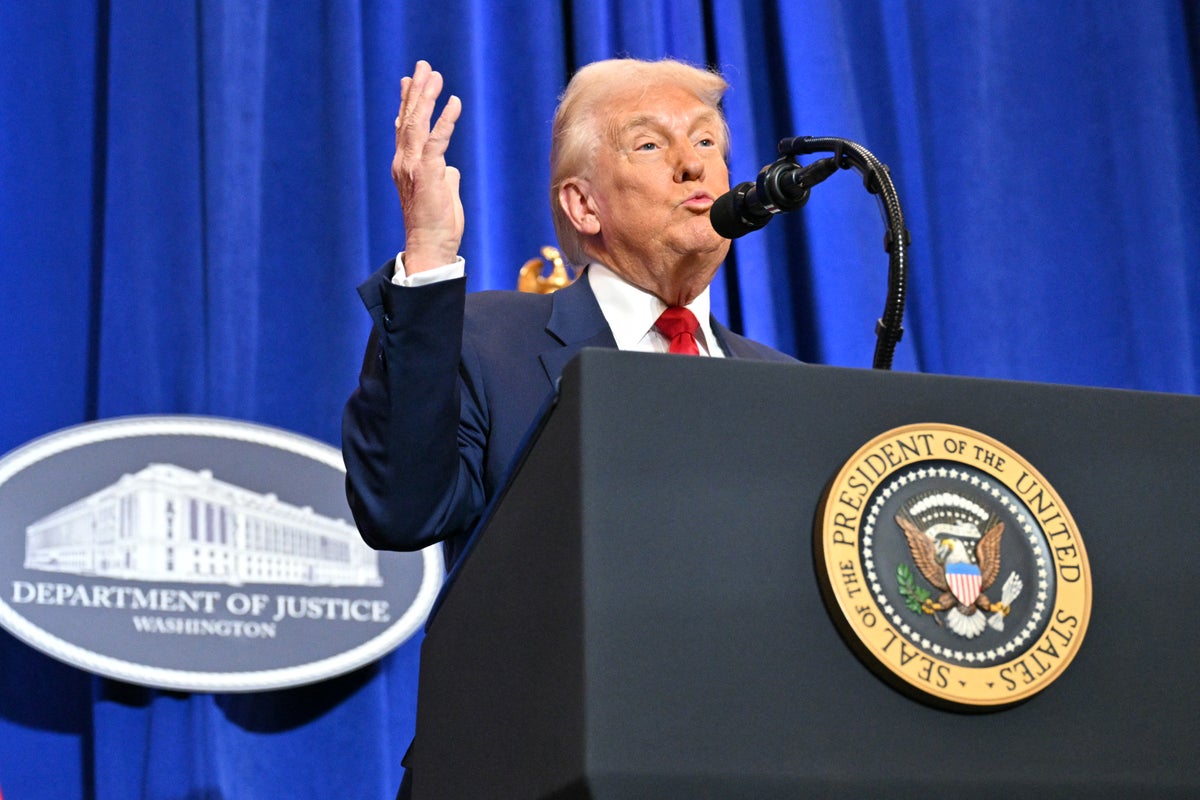
Trump ignores court order pausing use of Alien Enemies Act: Live
- 16.03.2025 20:06
- independent.co.uk
- Keywords: Alien Enemies Act, Tren De Aragua
The US military carried out airstrikes in Yemen after Houthi threats, killing at least 31 people. Meanwhile, Trump ignored a court order and deported hundreds of Venezuelans linked to a gang using the Alien Enemies Act, sparking legal challenges and criticism over constitutional concerns.